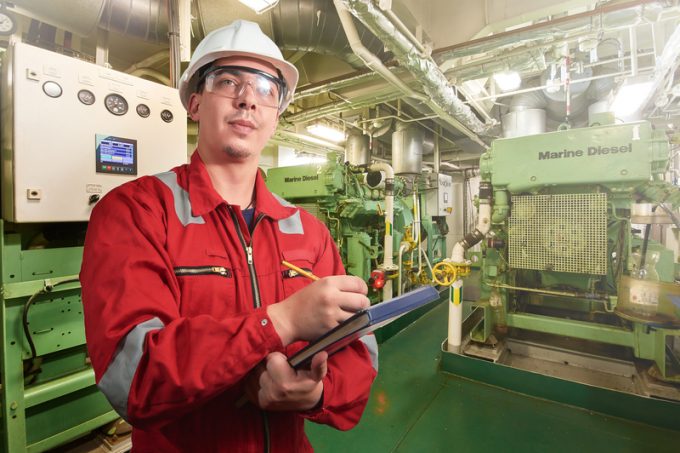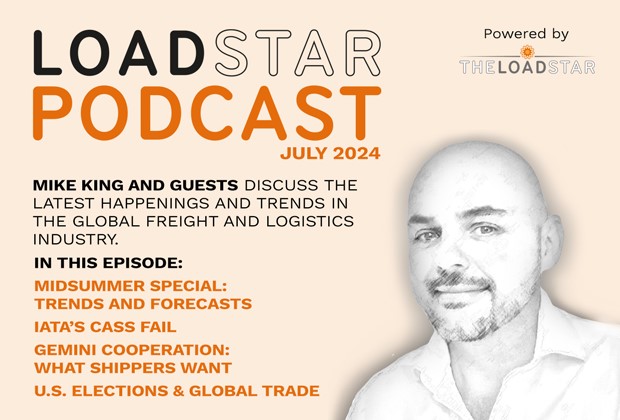Shipyards won't be able to meet future demand for greener vessels
“If you look at the market right now, it is easy to take the position ...
TFII: SOLID AS USUALMAERSK: WEAKENINGF: FALLING OFF A CLIFFAAPL: 'BOTTLENECK IN MAINLAND CHINA'AAPL: CHINA TRENDSDHL: GROWTH CAPEXR: ANOTHER SOLID DELIVERYMFT: HERE COMES THE FALLDSV: LOOK AT SCHENKER PERFORMANCEUPS: A WAVE OF DOWNGRADES DSV: BARGAIN BINKNX: EARNINGS OUTODFL: RISING AND FALLING AND THEN RISING
TFII: SOLID AS USUALMAERSK: WEAKENINGF: FALLING OFF A CLIFFAAPL: 'BOTTLENECK IN MAINLAND CHINA'AAPL: CHINA TRENDSDHL: GROWTH CAPEXR: ANOTHER SOLID DELIVERYMFT: HERE COMES THE FALLDSV: LOOK AT SCHENKER PERFORMANCEUPS: A WAVE OF DOWNGRADES DSV: BARGAIN BINKNX: EARNINGS OUTODFL: RISING AND FALLING AND THEN RISING

While most of the attention has, understandably, been on the cost of implementing the IMO’s new low-sulphur regulations, a potentially more problematic issue is how the differing blends of low-sulphur fuel can create large amounts of sediment in vessel fuel tanks, which can lead to catastrophic engine failure. Fobas, a fuel testing company owned by Lloyd’s Register, said this month it found high sediment levels in bunker fuel samples in Singapore and Antwerp and other European ports. “The levels exceeded international residue standards.”
Crew member dies as Maersk Frankfurt catches fire on maiden voyage
Maersk Frankfurt owner declares General Average, as fire-fighting continues
More danger to box ships as Houthis expand Red Sea attack arena
Bangladesh 'jam-packed' with cargo as curfew and internet restrictions continue
K+N eyes more cost-cutting after first-half profit and market share declines
'Last chance' for US importers to stock up before possible east coast port strike
New FMC regulation rules out carrier 'lame excuses' for rolling cargo
Maersk Frankfurt heads for open water as container fire subsides



Comment on this article